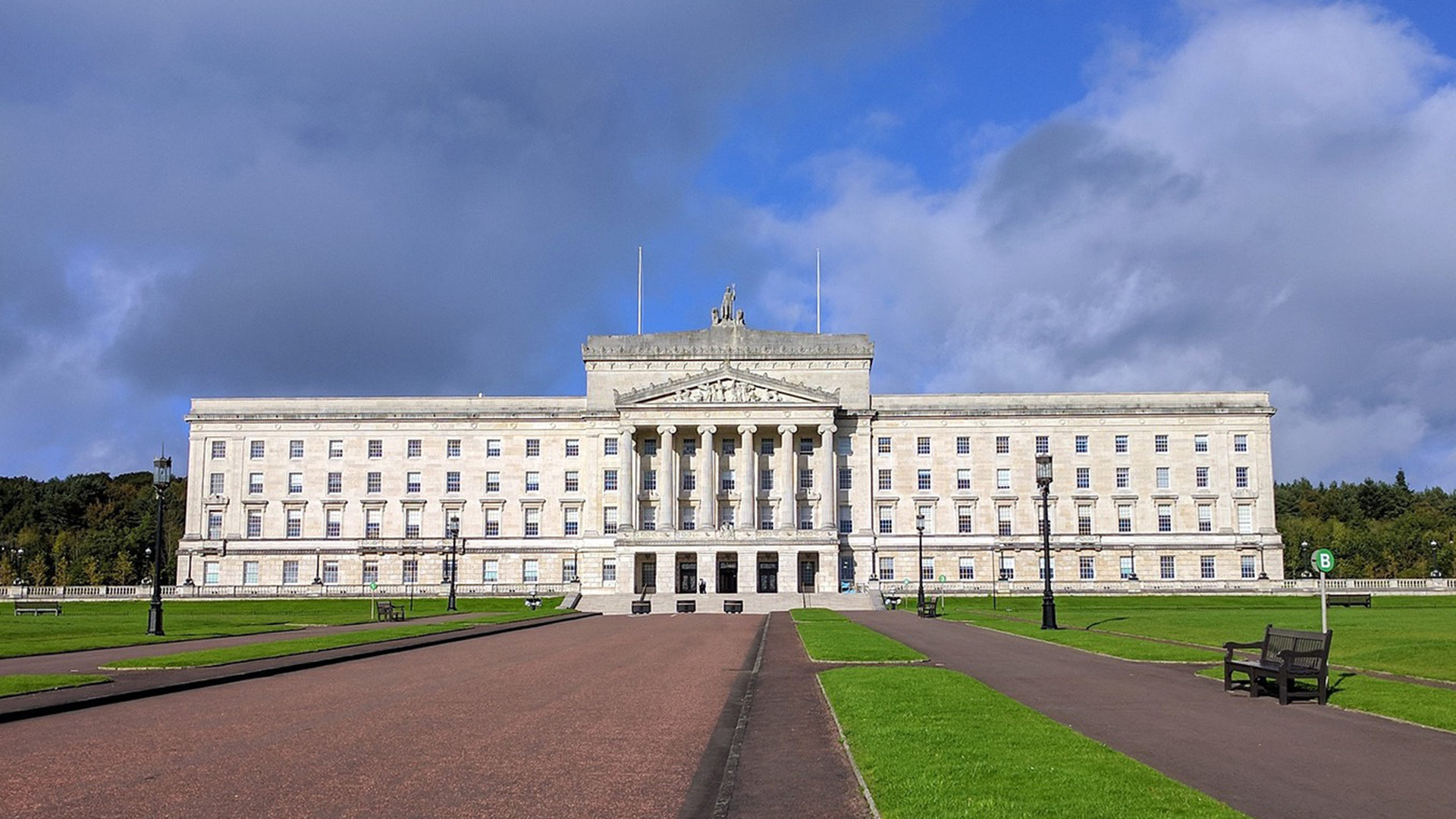Trying to explain the politics of Northern Ireland to somebody, anybody, not from the north is like presenting quantum theory in an ancient archaic language that even the speakers barely comprehend.
This, therefore, is not the fault of those trying to understand.
Northern Ireland has got a curious idea of itself. The writer Robert McLiam Wilson, a precision chronicler of the absurdity of the Northern Irish socio-political quagmire, once said that without The Troubles, Northern Ireland would be Hull. I don’t think this was a slight on Hull, more a comment about how that nasty, brutalising war became a huge telescope multiplying focus on what would otherwise have been a provincial area of moderate size going about its business.
Change a Big Issue vendor’s life this winter by purchasing a Winter Support Kit. You’ll receive four copies of the magazine and create a brighter future for our vendors
That business has been stalled for some time – two years – since the DUP refused to form a government in Stormont. For clarity, the DUP is the Democratic Unionist Party, established over 50 years ago by Ian Paisley; once the outsiders, now they are the leading party for the pro-union vote. However, they aren’t the biggest party by vote in Northern Ireland. That is Sinn Fein. But given the curious nature of politics post-Good Friday Agreement, in order to form a Stormont government and retain parity of esteem, both the leading pro-union and pro-nationalist parties have equal veto (and in this context, with Northern Ireland’s curious freighting of words, nationalist means, basically, Catholic and pro-Ireland, if not a fully pro-united Ireland.)
- As it reaches its centenary, Northern Ireland is not ok
- As a Northern Ireland peace negotiator, I know just what the Illegal Migration Bill risks
- What’s happening in Northern Ireland? It’s complicated
So why did the DUP move to block government? They opposed the post-Brexit protocol agreement that was created to aid movement of goods across the Irish Sea, and so to prevent a hard border on the island of Ireland. They said this arrangement would break up the union between Northern Ireland and Great Britain, established in 1923 (the history does go back further, obviously), and make Northern Ireland move closer to Dublin, in law and identity.









